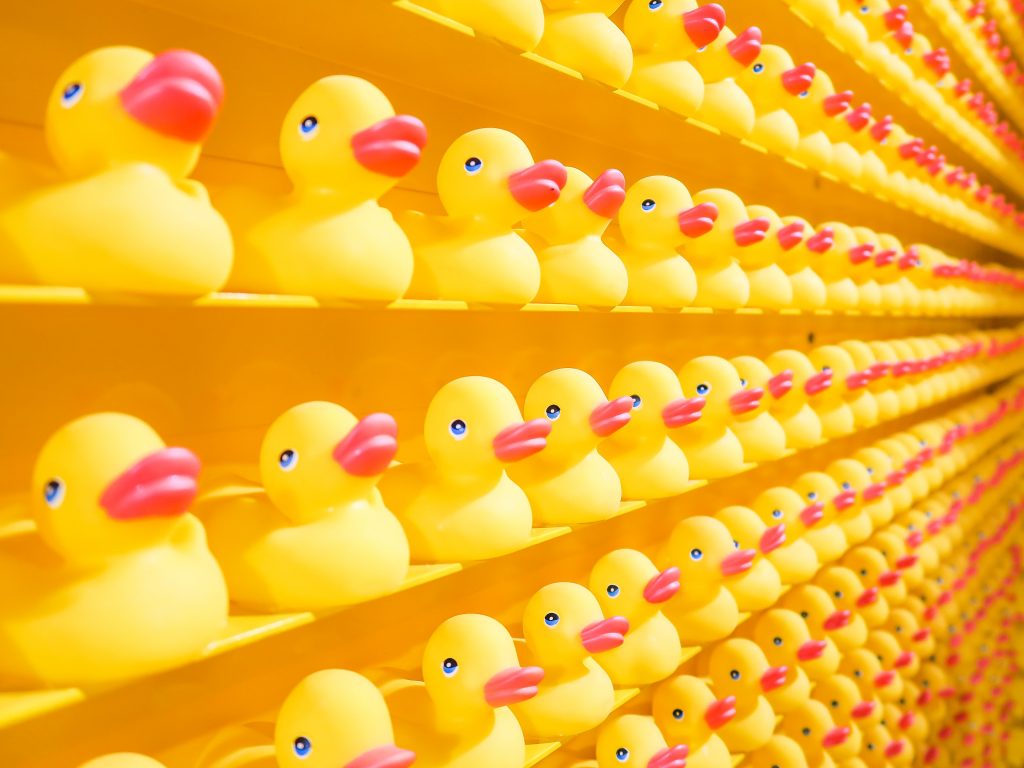Perfectionists, I have a heart for you. I get it. You don’t think of yourself as a perfectionist, you just think I don’t like to make mistakes. You know intellectually that your spouse/friend/employer would probably not dump you if you made a mistake… but why risk it? After all, making a mistake feels beyond terrible to perfectionists, like our lives and relationships and careers are on the line and the whole world could implode or explode at any moment.
So no wonder you live with a constant tension, a constant pressure, a constant anxiety, checking and double-checking to make sure nobody can find fault with you (except for you of course). And then of course if you’re critical of yourself—if you let Self Doubt or The Inner Critic be in charge—then maybe it won’t hurt as much if someone finds a flaw in you.
It’s not easy to live as a perfectionist. You might look like you have everything together on the outside—you might be organized, you might show up everywhere on time, your clothes are rarely wrinkled—but the inner reality can be so, so different and so, so difficult. It’s hard to live in fear of mistakes, to believe that mistakes will define us and make us less lovable (if lovable at all). It’s hard living with the belief that we’re one mistake away from unworthiness or that our worth in general stems from our ability to be flawless rather than our humanness. It’s hard to constantly compare ourselves to a version of ourselves we can’t live up to. And of course it’s hard as a perfectionist to open up to others, to admit what’s true: life is hard. Things aren’t easy. (Blog post continues after photo.)

Usually when perfectionists come to counseling, they’re coming to therapy for issues that they see as distinctly separate from perfectionism. But feeling out of control, experiencing anxiety about personal and the political, and feeling alienated and isolated, can all link back to difficulty allowing ourselves to be human and make mistakes.
There’s sometimes a mistaken belief that perfectionists have that anxiety and perfectionism is helpful, that without that pressure and tension and Inner Critic they may not be as effective. If I don’t beat myself up, how will I do my best?
But research shows that we learn and perform much better when we’re open and curious and allow our humanness to shine (including the messy parts). Shame and self-judgment, it turns out, bite us in the ass more than we think. It is possible to create a different relationship with ourselves, the Inner Critic, Self Doubt, and our lives.
Here’s a perfectionism test if you’re curious to learn more… and you’re always welcome to talk through concerns in our Kirkwood therapy office.

